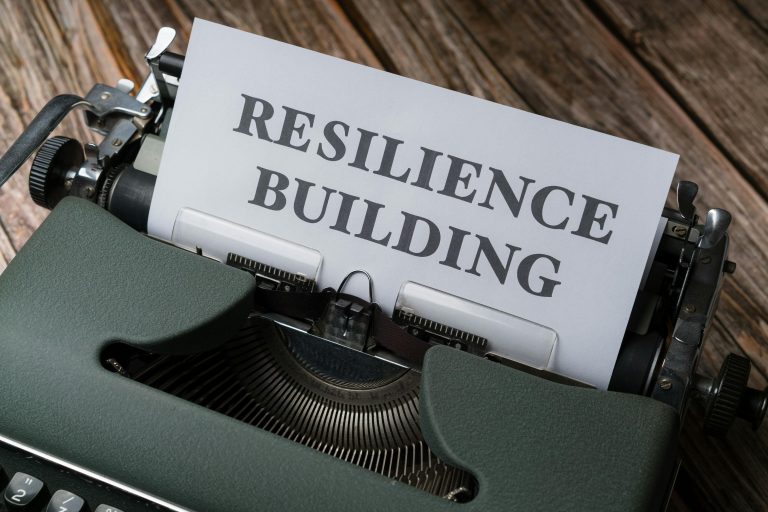In today’s globalized world, effective cross-cultural communication is crucial for multinational companies. However, a recent incident involving a Scandinavian multinational company with offices in Asia highlights the potential security risks that can arise from cultural misunderstandings.
The Incident
Picture this: during a routine security briefing, the topic of espionage concerns in Asia was brought up—a subject that’s been making headlines for years. The conversation was intended to be a straightforward, professional discussion. However, for the Asian employees in the room, it was anything but. They felt deeply offended and humiliated, a reaction rooted in the cultural concept of “losing face.” This incident, despite being a discussion among security professionals, made the employees feel undervalued and disrespected.
Cultural Sensitivity and Security Risks
This scenario highlights a crucial point: security professionals need to be sensitive to cultural differences when discussing potentially controversial topics. Their reaction wasn’t merely a personal offense; it represented a serious security risk. When employees feel alienated or disrespected, the risk of insider threats increases because disgruntled employees are more likely to engage in malicious activities.
The Anatomy of a Disgruntled Employee
A disgruntled employee typically feels aggrieved, undervalued, or mistreated within the organization. This dissatisfaction can stem from various sources, including perceived unfair treatment, lack of recognition, or cultural insensitivity, such as dismissing or misunderstanding important cultural norms. For multinational companies, cultural misunderstandings can easily lead to feelings of marginalization and resentment.
The Connection Between Discontent and Risk
When employees feel alienated or disrespected, their loyalty to the company diminishes. This erosion of trust can increase their likelihood of engaging in harmful activities, whether intentionally or unintentionally. Disgruntled employees might steal sensitive information, sabotage operations, or leak confidential data, either for personal gain or out of a desire to retaliate against perceived wrongs.
The Importance of Cultural Awareness
Effective cross-cultural communication goes beyond language proficiency. It requires a deep understanding and respect for cultural norms and values. In this case, the Scandinavian company’s lack of cultural awareness led to unintended negative consequences. The employees felt marginalized, which could erode trust and collaboration within the team. This erosion of trust creates an environment ripe for insider threats.
Practical Steps for Security Professionals
- Cultural Training: Implement regular training sessions to enhance employees’ understanding of diverse cultural norms, which can help prevent misunderstandings.
- Collaborative Strategy: Involve marketing and communications teams in developing security communication plans to ensure that messages are culturally sensitive.
- Tailored Messaging: Customize security messages to align with the cultural values and expectations of your audience.
- Feedback Mechanisms: Establish channels for employees to express concerns and provide feedback on security communications.
- Continuous Learning: Promote a culture of continuous learning and adaptation to new cultural insights.
Conclusion
Cross-cultural communication can be a double-edged sword. On one hand, it fosters collaboration and innovation; on the other, it can lead to misunderstandings that create a fertile ground for insider threats. The example of the Scandinavian multinational company in Asia underscores the importance of cultural awareness in security discussions. By respecting and acknowledging cultural differences, security professionals can help build a more inclusive and secure work environment.
In the end, communication is not just about sharing information but also about building relationships and trust. Security isn’t just about technology; it’s about people. Respecting cultural differences is a key component of any comprehensive security strategy. By doing so, we can create a workplace where everyone feels valued and is loyal to the company, reducing the risk of insider threats and fostering a more cohesive, collaborative environment.
Interested in learning more about how to enhance cultural awareness and security in your organization? Stema Risk Management can help. Get in touch with us
here.





